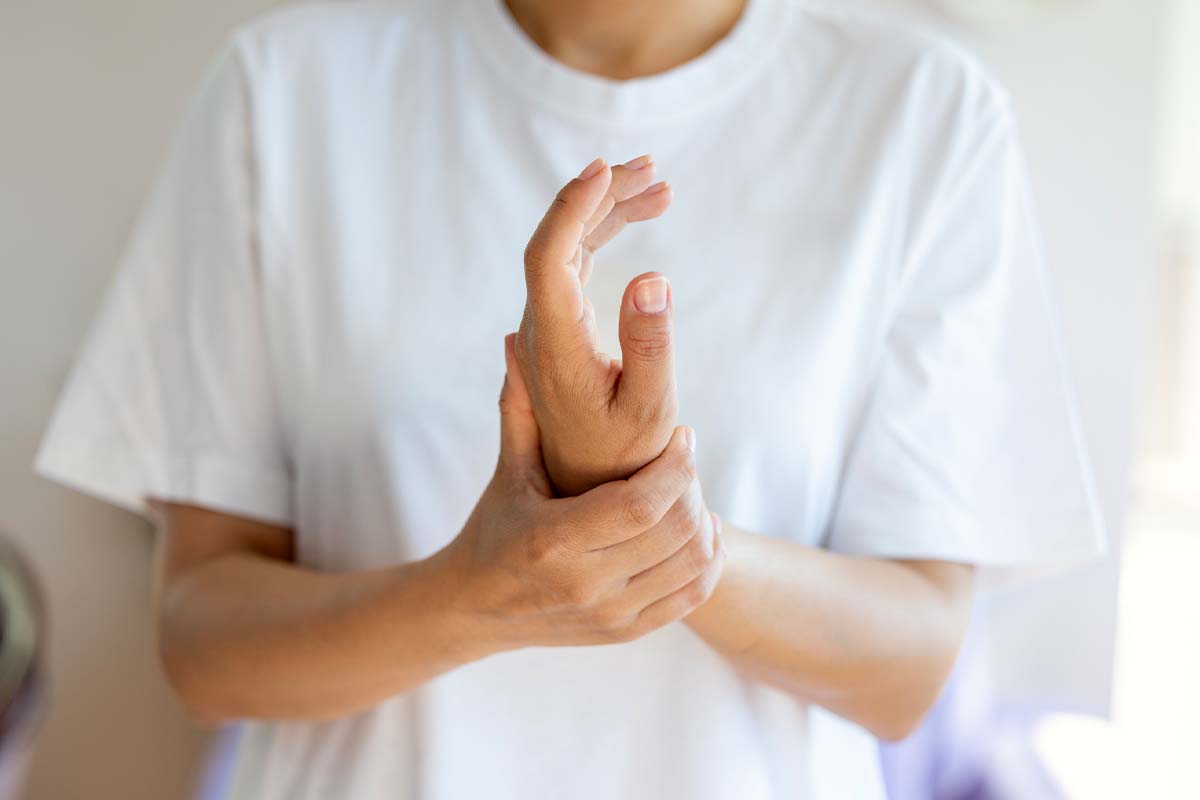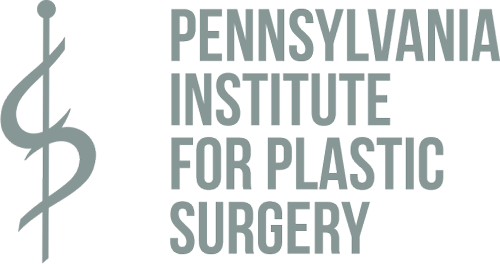Restore function and alleviate symptoms with microsurgery and lymphedema surgery, which treat complex conditions like nerve damage and lymphedema. Dr. Stephen Lu specializes in advanced techniques such as peripheral nerve repair, lymphatic mapping, and nerve grafting to improve patients’ quality of life and promote long-term recovery.
Treat complex nerve damage and lymphatic disorders
Microsurgery and lymphedema surgery are specialized procedures that treat complex conditions like nerve damage and lymphatic system disorders. Microsurgery involves the precise repair of small nerves and blood vessels using a microscope, allowing for the restoration of function in areas like the hand, face, or chest. Lymphedema surgery, on the other hand, focuses on improving lymphatic drainage to reduce swelling and discomfort caused by fluid buildup. Dr. Lu uses advanced techniques such as nerve grafting and lymphatic mapping to achieve the best possible outcomes for patients.

Microsurgery & lymphedema surgery treat:
- Nerve damage and injury affecting function
- Loss of sensation due to nerve trauma or surgery
- Peripheral nerve disorders causing weakness or pain
- Lymphedema related to cancer treatment or other causes
- Chronic swelling and fluid buildup in limbs or other areas
Your microsurgery & lymphedema surgery options
Lymphedema Surgery
Lymphedema surgery is designed to treat swelling caused by disruption to the lymphatic system, often following mastectomy or lymph node removal. The lymphatic system plays a key role in draining excess fluid and supporting immune function. When lymph nodes are removed during procedures like sentinel node biopsies or axillary dissection, the system’s ability to regulate fluid and fight infections can be compromised, leading to swelling in the arms and hands. Lymphedema surgery aims to enhance fluid drainage, reduce swelling, and potentially improve immune response.
Lymphatic mapping
Lymphatic mapping is a critical technique used in treating lymphedema, a condition characterized by swelling caused by poor lymphatic drainage. This method involves identifying the lymphatic vessels and nodes to better understand how fluid is being drained in the body. In some cases, lymphatic mapping is followed by surgical interventions to improve the flow of lymph fluid. The goal is to reduce swelling, prevent complications, and enhance quality of life. Dr. Lu combines this technique with other treatments to ensure optimal outcomes.
Peripheral nerve repair
Peripheral nerve repair is a delicate procedure that restores the function of damaged nerves in areas like the arms, hands, face, or legs. Nerve damage can occur due to trauma, surgery, or certain medical conditions. The repair involves reconnecting the severed nerve fibers using microsurgical techniques, allowing for the regrowth of nerve tissue. Dr. Lu utilizes advanced techniques to minimize scarring and maximize the chances of nerve regeneration. With careful repair, patients often experience improved movement, sensation, and reduced pain.
Nerve grafting
Nerve grafting is used when a nerve is severely damaged or cut, and the ends of the nerve cannot be directly connected. During this surgery, a donor nerve—either from another part of the patient’s body or an allograft—is used to bridge the gap between the two ends of the damaged nerve. Over time, nerve fibers grow along the graft. Dr. Lu selects the best grafting technique for each individual, ensuring the most effective and functional recovery to repair peripheral nerves.
Candidacy for microsurgery & lymphedema surgery
Suitable candidates for microsurgery and lymphedema surgery include individuals experiencing nerve damage, loss of sensation, chronic pain, or swelling due to conditions like trauma, cancer treatment, or congenital issues. During a consultation, Dr. Lu will assess your medical history, discuss your symptoms, and perform physical exams to understand your condition better. Diagnostic tests may be used to evaluate nerve function or lymphatic drainage. Based on this information, Dr. Lu will determine if you are a good candidate for surgery.
Advantages of microsurgery & lymphedema surgery:
- Restores function and sensation to damaged nerves
- Improves quality of life by reducing pain and discomfort
- Offers precision with minimal scarring and faster recovery
- Treats complex conditions that may not respond to other methods
- Helps reduce chronic swelling and fluid buildup in limbs
- Increases mobility and independence after nerve or lymphatic damage
- Provides long-term benefits by enhancing nerve regeneration and lymphatic flow
Microsurgery & lymphedema surgery FAQs
What is the recovery time for microsurgery and lymphedema surgery?
Recovery time varies depending on the complexity of your surgery and individual healing factors. For microsurgery, you may need to rest the affected area for a few weeks, and it can take several months for nerve regeneration to reach its full potential. Lymphedema surgery may require you to follow specific care instructions to manage swelling. Most patients can return to light activities within a few weeks, with full recovery occurring over several months.
Are the results of microsurgery permanent?
The results of microsurgery, particularly for nerve repair, can last long-term, but it’s important to understand that nerve regeneration is a gradual process. While nerves typically regenerate at a rate of about 1 mm per day, full recovery in terms of sensation and function can take months or even years. The results may also depend on the severity of the nerve damage and the patient’s overall health. With proper care and rehabilitation, many patients experience lasting improvements in function and quality of life.

Meet Dr. Stephen Lu
Dr. Stephen Lu is a highly skilled plastic and reconstructive surgeon, board-certified by the American Board of Plastic Surgery. With specialized training in microsurgery, nerve repair, and lymphedema surgery, he brings world-class surgical expertise to every patient. Dr. Lu combines advanced techniques with a compassionate, personalized approach to care, ensuring the best possible outcomes for those seeking recovery from nerve damage or lymphedema. If you’re considering microsurgery or lymphedema surgery, schedule a consultation with Dr. Lu today.

